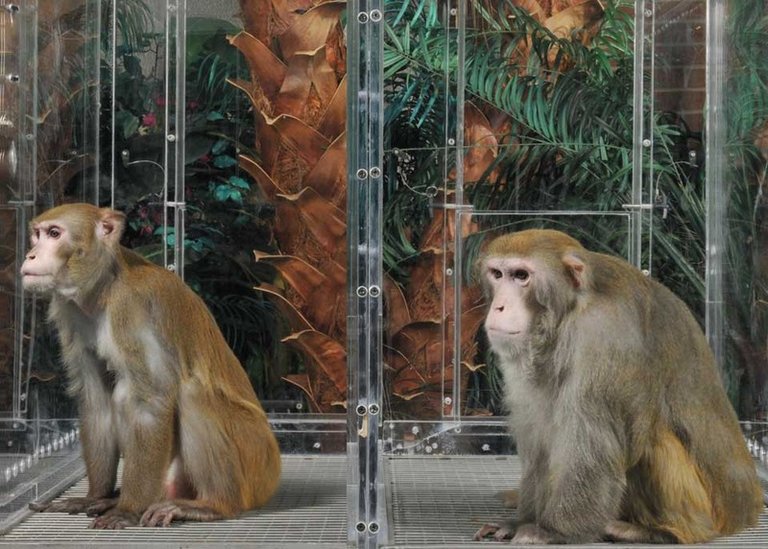Low-calorie diet does not extend the life of rhesus macaques

Research at the U.S. Institute of Aging has lasted twenty-seven years (rhesus macaques live an average of 27 years). The individuals analyzed have been divided into two groups: some have been given a low-calorie diet (between 1 and 14 years), 30% fewer calories than those in the control group; others have been given that diet (from the age of 14) being older. In both groups, treated animals have survived only in the control group.
In addition to analysing longevity, researchers have monitored various parameters related to health and aging over the years. The levels of glucose, cholesterol and triglycerides in animals have been measured, as well as the onset of diabetes, cancer and heart problems in life.
In this case, statistically significant differences have been found between the macaques they have received and have not received a low-calorie diet. For example, the cholesterol level of treated macaques is lower than that of untreated, but not that of females, and differences have also been found in triglyceride and glucose levels, although the improvement is only remarkable in the case of macaques initiated at maturity with diet. In general, the “symptoms” associated with aging occur later in macaques that have been received in the low-calorie diet, except for heart disease.
In light of the results, the researchers consider that the effects of the low-calorie diet on health and longevity should be considered separately, since one of them cannot be deduced.
Contradictory conclusions
The results of the Aging Institute study do not coincide with the increase in longevity observed in other living beings associated with a low-calorie diet. Moreover, they do not coincide with the provisional conclusions of another investigation initiated at the same time with the rhesus macacos. This second study was conducted at the U.S. Primates Research Center, and according to their data, there is a significant difference between the lives of macaques who have received and have not received a low-calorie diet.
Both investigations are different and therefore perfectly comparable. In the second, only young macaques have participated, and although the diet is equivalent, in both investigations the sources of food have been different. In fact, the researchers of the Institute of Aging consider that these dietary differences are the keys to the differences between the results, so it is necessary to take into account these variables in the design and interpretation of new studies.
Buletina
Bidali zure helbide elektronikoa eta jaso asteroko buletina zure sarrera-ontzian








